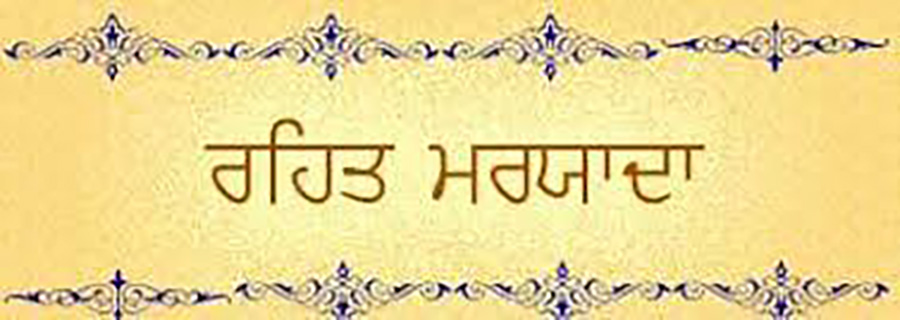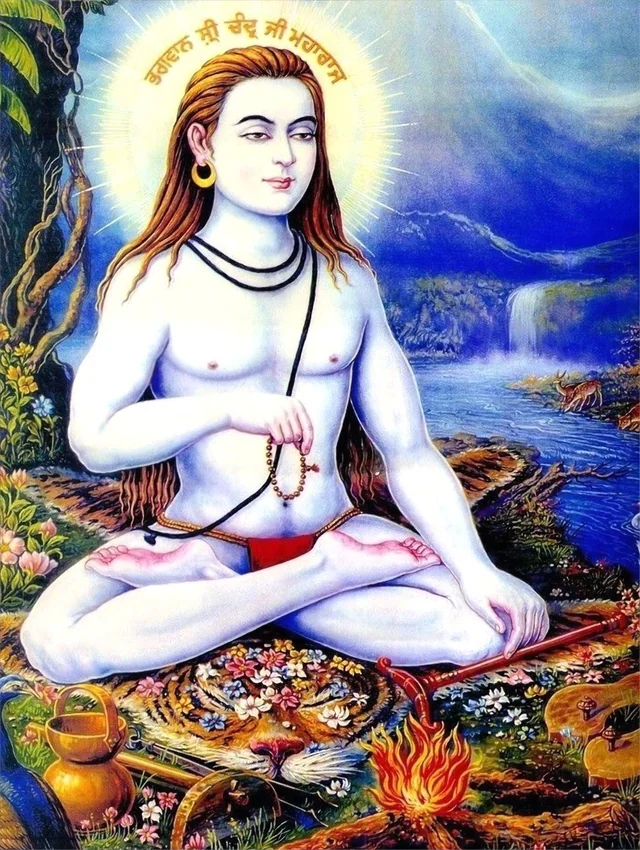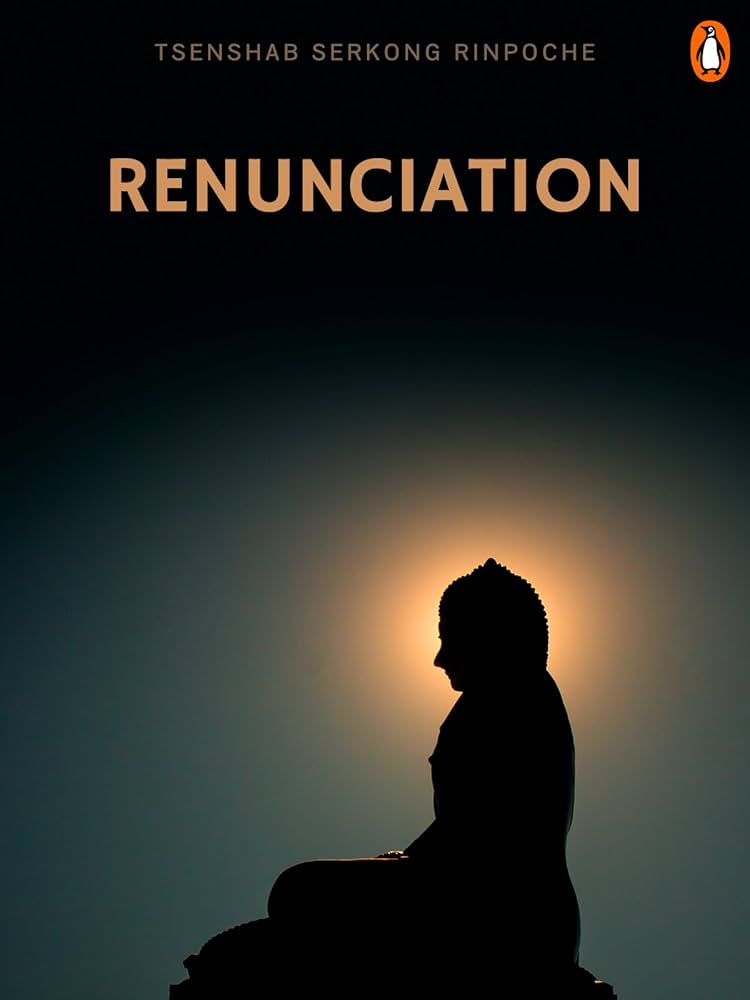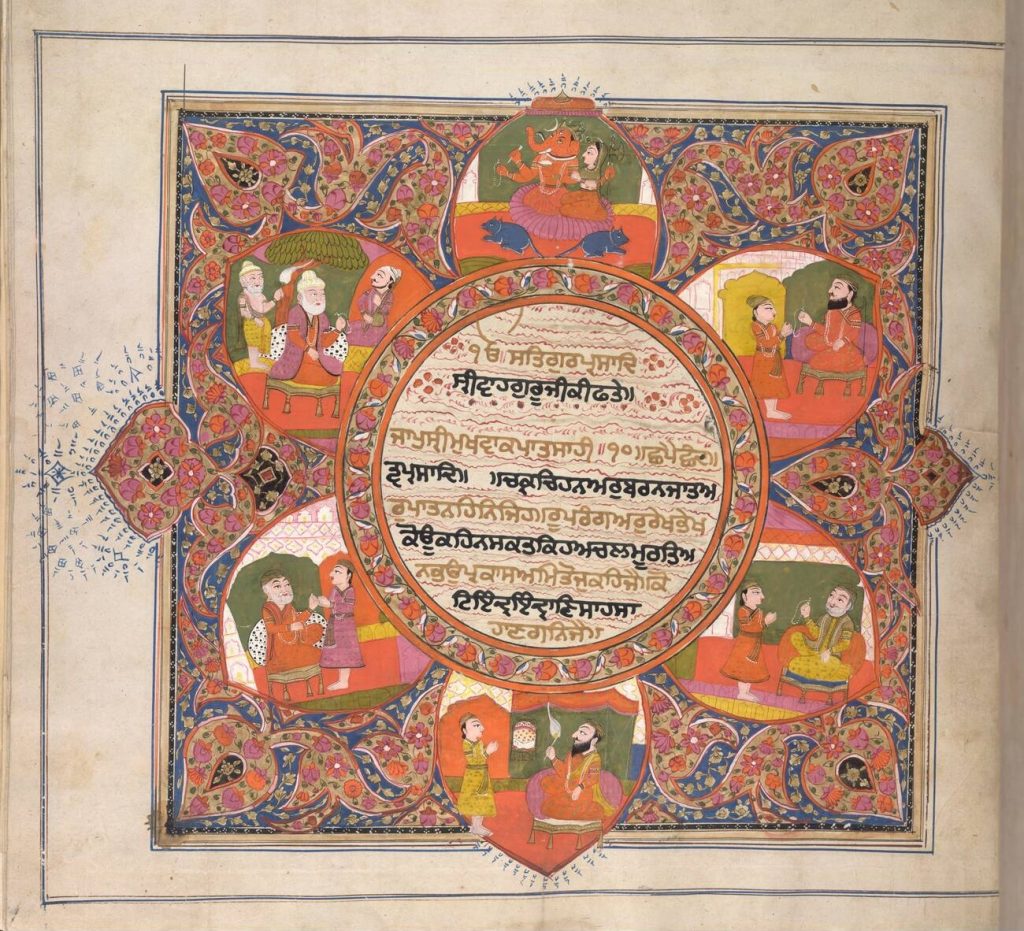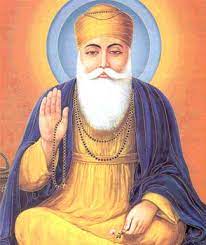Explore the traditions and rules of Sikh Rahit Maryada, guiding Sikhs' way of life from beliefs to social conduct. Understand the significance of the five K's.
Explore the revered title 'Baba,' from its Persian roots to Sikh history, signifying respect and piety for revered leaders like Baba Ala Singh and Baba Buddha.
Discover Gurpranali, a rich source of Sikh history, capturing the lives of the Gurus and their families in prose and verse. Explore this unique genre now!
Discover the coronation ode 'Tikke di Var' by bards Balvand and Satta, celebrating the Guru lineage with spiritual and historical insights in Sikhism.
Explore the life of Balvand, a renowned rababi, and his brother Satta, co-composers of a Var in Guru Granth Sahib, famed for their devotion and music.
Discover the significance of Gurpurbs in Sikhism, commemorating Guru anniversaries with vibrant processions, sacred readings, and communal meals.
Discover the essence of renunciation across faiths, from Bhakti's devotion to Buddhism's enlightenment and Sikhism's inner surrender.
Discover the legacy of Bhai Sant Singh Giani, a renowned scholar and custodian of Amritsar's Sri Darbar Sahib, pivotal in Sikh religious and cultural history.
